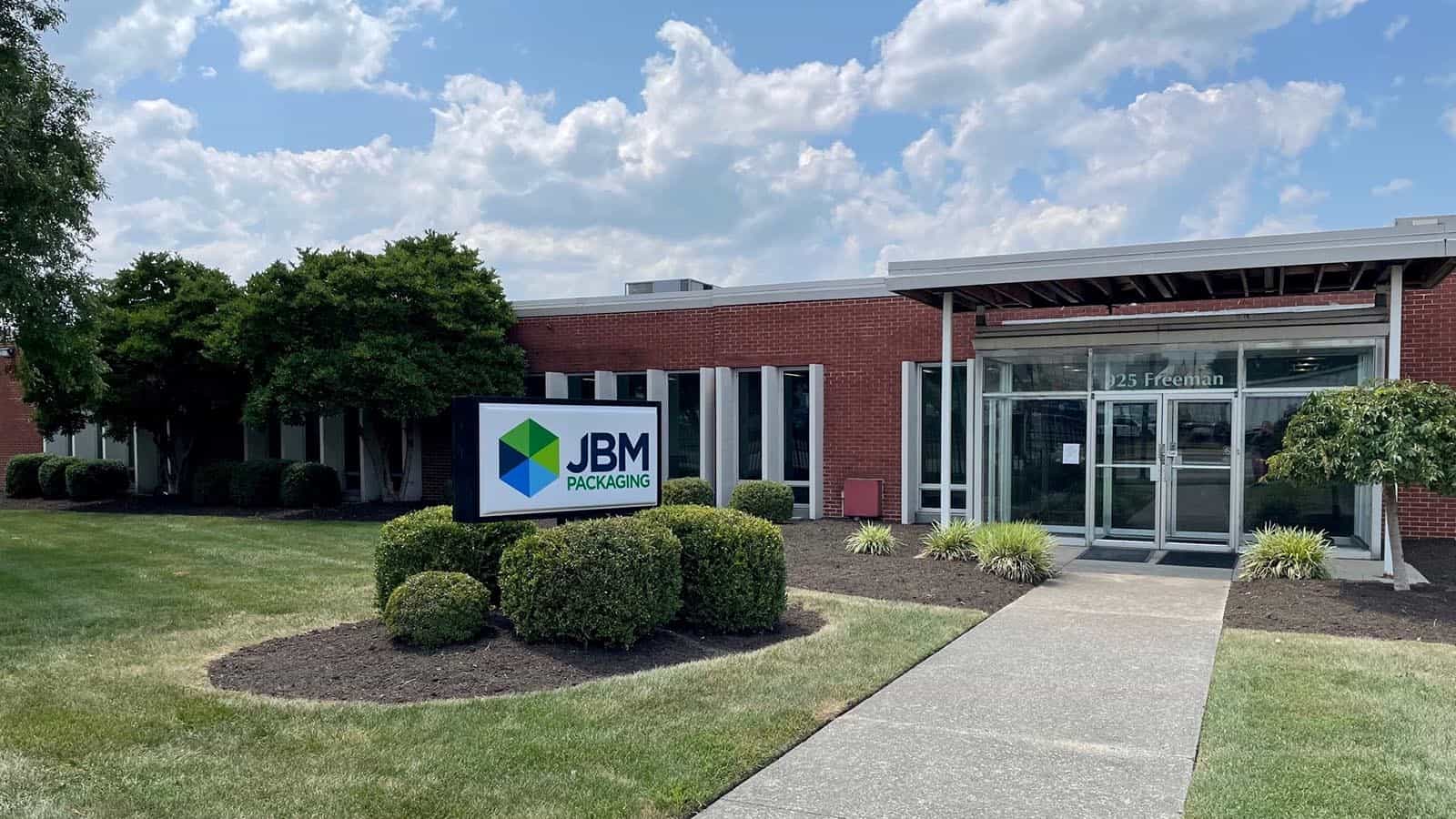JBM Packaging Is the Place for Second Chances

One day last year, when schools were closed due to the pandemic, President and CEO Marcus Sheanshang brought his kids to work with him at JBM Packaging of Lebanon, Ohio. And he knew exactly who should train the kids on the company’s envelope and packaging machines: Amanda Hall, one of the company’s star employees.
But Hall isn’t just a star; she’s a star with an unusual background. As Sheanshang put it, “We were having dinner that night, and I said to the kids, ‘Do you know something very interesting about Ms. Amanda? … Ms. Amanda was in prison a few years ago.’ They said, ‘No, there’s no way.’ They wouldn’t believe me.”
A factory for fair chances: In fact, Hall’s story is almost the rule, not the exception, for JBM. One-quarter of JBM’s employees are what the company calls “fair chance” hires, or those who have been involved with the criminal-justice system. Sheanshang expects that proportion to grow to half the workforce in the coming years.
How it began: Sheanshang instituted the hiring program, in which the company actively recruits future employees from 30 correctional institutions and halfway houses, about five years ago when looking for creative strategies to address labor shortages.
- “We don’t have people applying for jobs,” Sheanshang said, referring to the manufacturing industry’s long-time struggle to find enough skilled employees. “Fair chance hiring really plugged that hole for us and allowed us to grow and get the right team members on our team who share our values. When they get out of prison, they have a spot here at JBM.”
How it works: While JBM won’t bring on anyone who has been charged with sex crimes, crimes against women or crimes against children, the company is committed to hiring and supporting all others who want and are eligible to work.
- JBM has an on-staff change coach who works with all JBM employees to help them find housing, purchase a car and more. Her success with the employees has been so profound that JBM is looking to hire another such coach, Sheanshang told us.
Grand opening: In July, the packaging business opened a second plant, this one in downtown Cincinnati. While the company’s success made this expansion possible, JBM was also aiming to move closer to its fair chance employees and potential new hires.
- “We noticed there’s a fair number of barriers in the Lebanon area [regarding] housing and transportation,” Sheanshang said. The downtown Cincinnati location offers more transportation resources “for folks looking to get back on their feet.”
Triumph over tragedy: Sheanshang is proud of the successes that fair chance employees have achieved. He shared the story of Brian, a fair chance hire who started out as a production worker and now is on the path to becoming a quality control supervisor. Another fair chance employee, Justin, also began at JBM at entry level. He is now on track to become a trainer of other employees.
- “This is not stuff that’s given to them,” Sheanshang said. “This is stuff that they’re earning.”
The last word: “I would say to any CEO or other business owner, really take a hard look at fair chance hiring,” Sheanshang said. “When it gets down to brass tacks, this is a great strategy. If you have the systems in place to help fair chance hires, this will work.”
The Manufacturing Institute recently launched its second chance hiring initiative, which helps companies recruit and retain individuals with criminal records, just as JBM does. Learn more about this initiative here.
